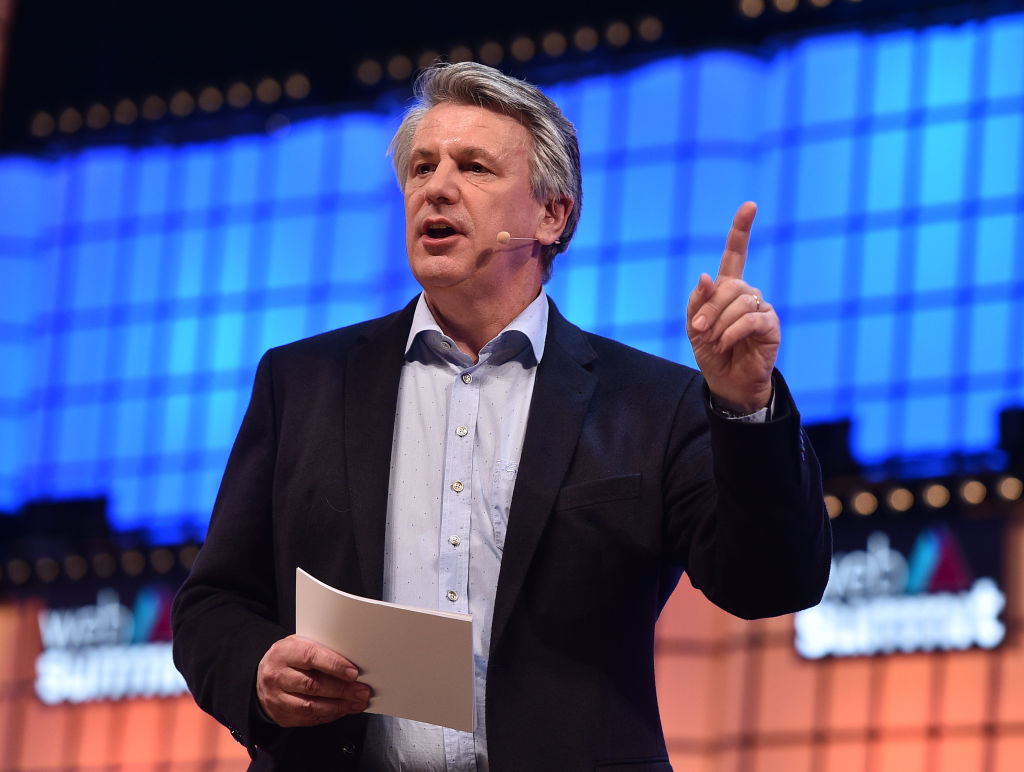Shell boss to step down next year after nearly a decade in charge

Shell’s chief executive Ben van Beurden will step down next year after nearly a decade at the helm.
The energy giant has shortlisted four candidates to succeed van Beurden, according to news agency Reuters.
Plans for van Beurden’s succession were brought forward after Andrew Mackenzie took office as chairman in May last year.
The board’s succession committee, headed by Mackenzie, has met several times in recent months to draw up plans for van Beurden’s departure and interview potential successors to the 64-year-old Dutchman.
Shell’s successor shortlist has been narrowed down to Wael Sawan, Shell’s head of integrated gas and renewables and Huibert Vigeveno, who heads the company’s refining operations of downstream, according to Reuters.
Sawan is a Canadian national who previously headed Shell’s oil and gas production business and today oversees Shell’s growth into low carbon energies alongside giant gas business.
He is seen as the front-runner to succeed van Beurden but no decision has been made.
Recently appointed Chief Financial Officer Sinead Gorman and Zoe Yujnovich, head of upstream, are also considered as possible successors.
van Beurden joined Shell in 1983 and became chief executive in January 2014.
The Dutchman yet to decide on an exact departure date, but is now expected to leave next year.
During his tenure, van Beurden oversaw Shell’s largest acquisition in decades and steered the company through two major downturns and a pivotal move to slash greenhouse emissions.
In recent months, Van Beurden has focused on Shell’s move from from The Hague to London at the start of 2022, as well as the escalating energy crisis following Russia’s invasion of Ukraine in February.
Earlier in the tenure as chief executive, van Beurden finally established stringent carbon emission targets.
It currently has some of the sector’s most ambitious climate plans.
This includes aiming to reduce emissions to net zero by 2050 with several short and medium-term targets, as well as plans to increase spending on renewables to around a quarter of its total spending by 2025.
However, any successor will likely feel more pressure to accelerate the company’s energy transition and emissions reduction targets.
Shell declined to comment when approached by City A.M.